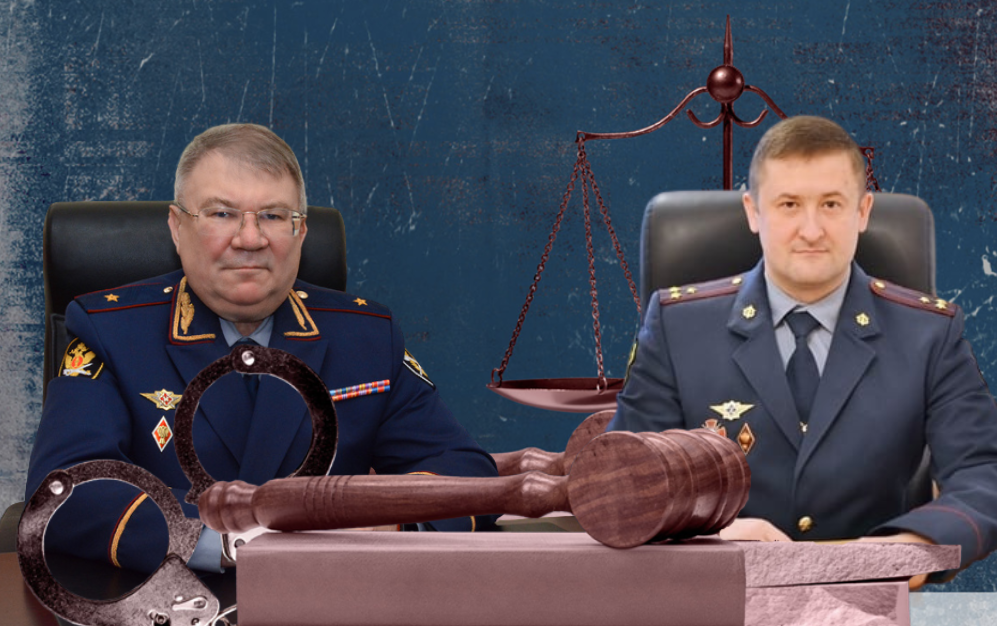EU sanctions Crimean prison officials following ZMINA’s advocacy, as nearly 100 political prisoners still denied medical care
On September 5, 2025, the Council of the European Union imposed sanctions on Vadim Bulgakov and Aleksei Pikin, senior officials of the Russian Federal Penal Enforcement Service in occupied Crimea, for their direct involvement in serious human rights abuses, including the systematic denial of medical care to Ukrainian political prisoners.

The decision follows sustained advocacy by the Human Rights Centre ZMINA and Crimean Process, with the support of the Czech MFA and national and international partners, who have long called for accountability for those orchestrating torture through medical neglect. The Hafarov-Shyring list, a list of recommended officials for inclusion on the sanction lists and the “Blacklist of officials” involved in crimes against civilians in the temporarily occupied Crimea, were presented at various international platforms, including Crimea Week in Brussels. These platforms included various EU institutions, UN HRC, OSCE, foreign governments, as well as submissions to the UN CESR and UN Special Mandates. These efforts resulted in the European Parliament’s resolution, the OSCE Moscow Mechanism’s conclusions and the UN Special Rapporteur on torture and other cruel, inhuman or degrading treatment or punishment, Alice Jill Edwards’s statement demanding the release of Crimean political prisoners who have fallen ill in detention.
Sanctioning Bulgakov and Pikin under the EU’s Global Human Rights Sanctions Regime introduces an asset freeze and EU-wide travel ban, reflecting their responsibility for abuses in detention centres where inmates such as Iryna Danylovych and Amet Suleymanov were deliberately deprived of treatment.
“Currently, there is no access to Crimea, so perpetrators can only be prosecuted in absentia. The main mechanisms of punishment are in absentia trials and sanctions, both nationally and internationally. This applies to Ukrainian collaborators as well as Russian citizens involved in human rights violations in the occupied territories,” said ZMINA’s Project Manager Viktoriia Nesterenko.
It sends a powerful signal: those who torture people through medical neglect will no longer remain untouchable. But while this marks a necessary step, over 220 Crimean political prisoners remain behind bars — at least 98 of them require immediate medical assistance. In several cases, denial of care has already proved fatal. Most recently, in 2025, Crimean Tatar political prisoner Rustem Viratti died after his health collapsed in custody.
Sanctions on Bulgakov and Pikin must be only the beginning. There is an urgent need to expand sanctions to include all officials complicit in persecution in the occupied territories, push Russia to provide access to the monitoring of detention conditions by international mechanisms, and release all political prisoners and civilian detainees.
“Without further pressure, Russia will continue to use sickness and suffering as weapons against political prisoners in occupied regions of Ukraine,” emphasised Tetiana Zhukova, ZMINA’s International Advocacy Manager.
If you have found a spelling error, please, notify us by selecting that text and pressing Ctrl+Enter.















